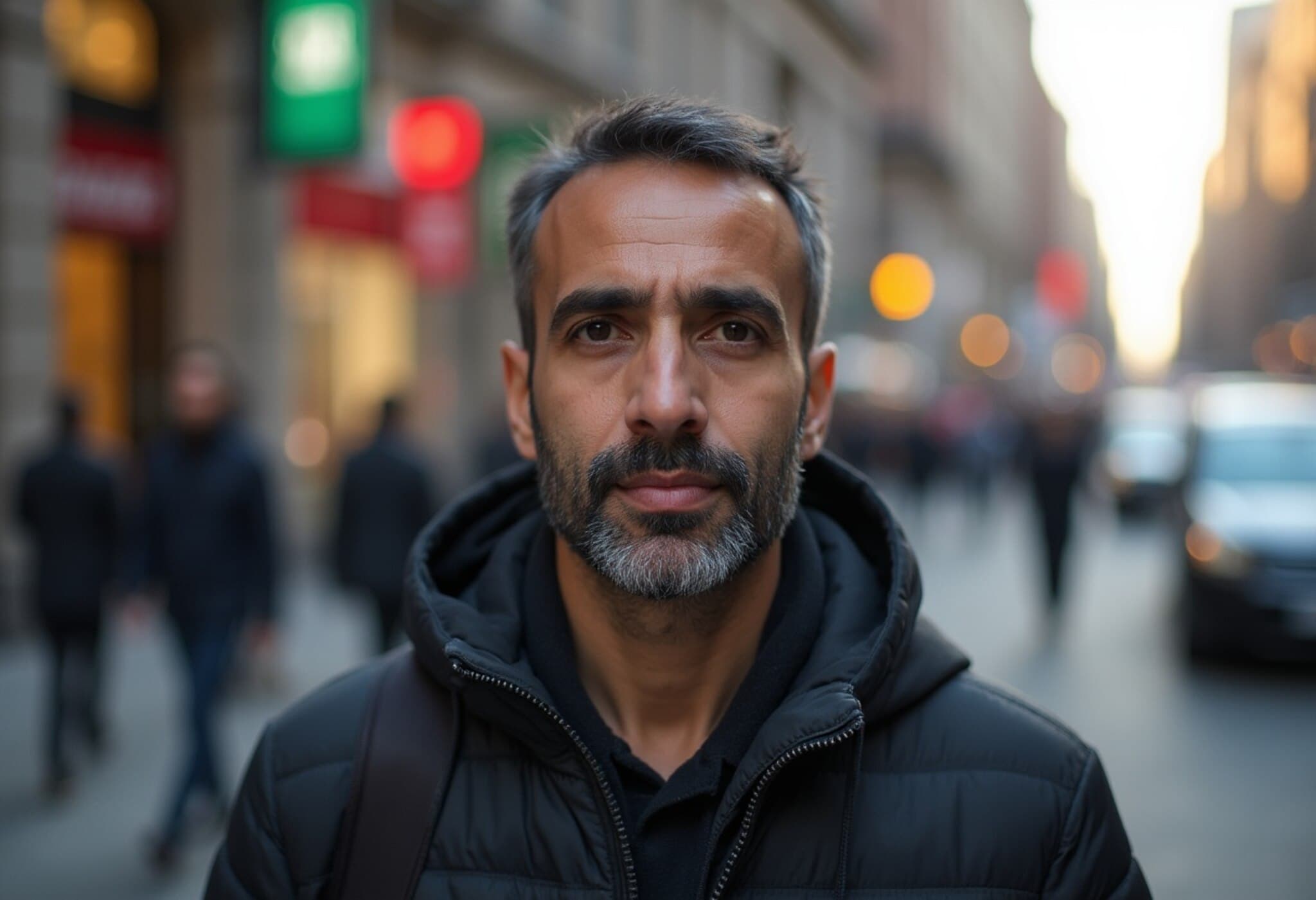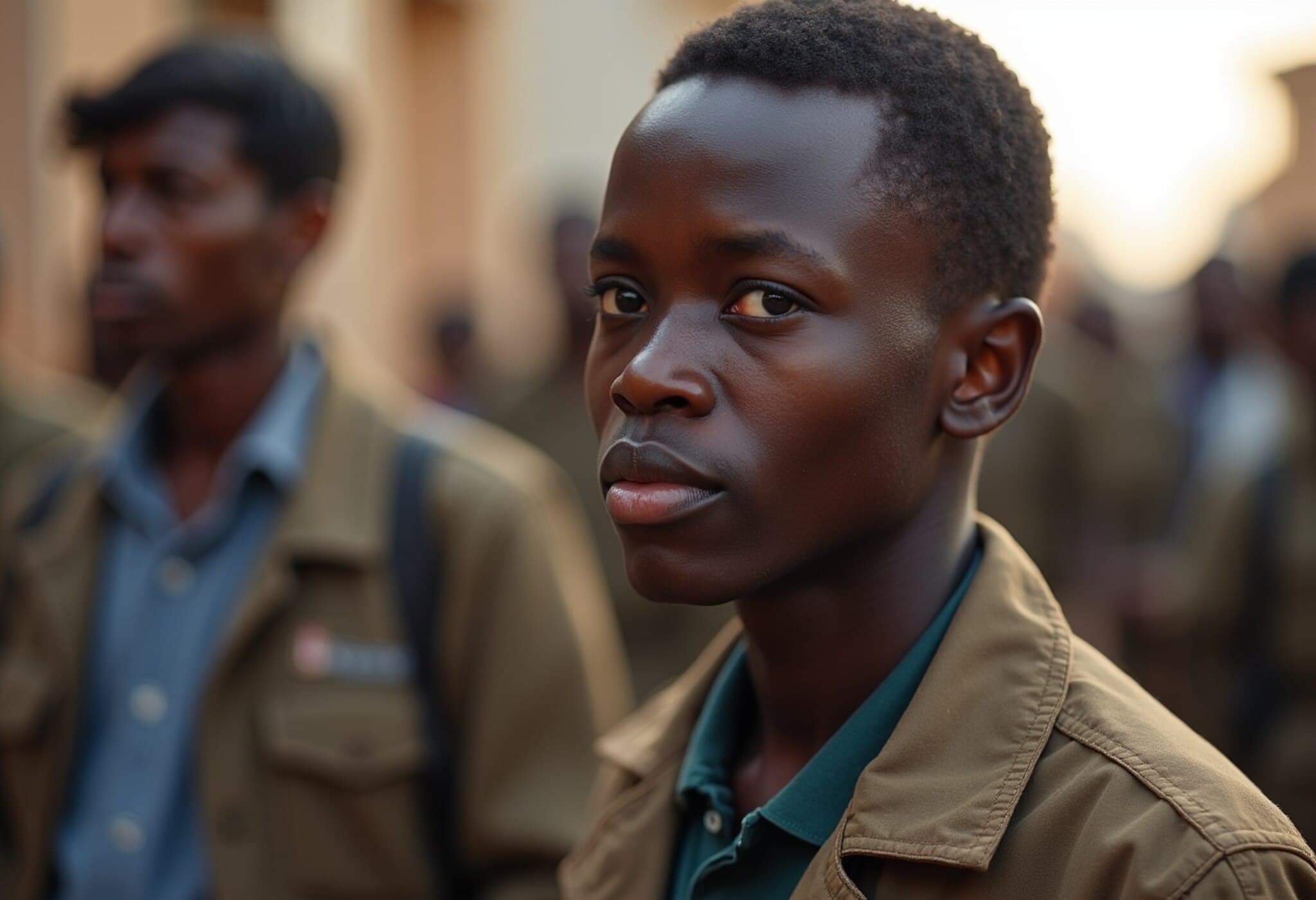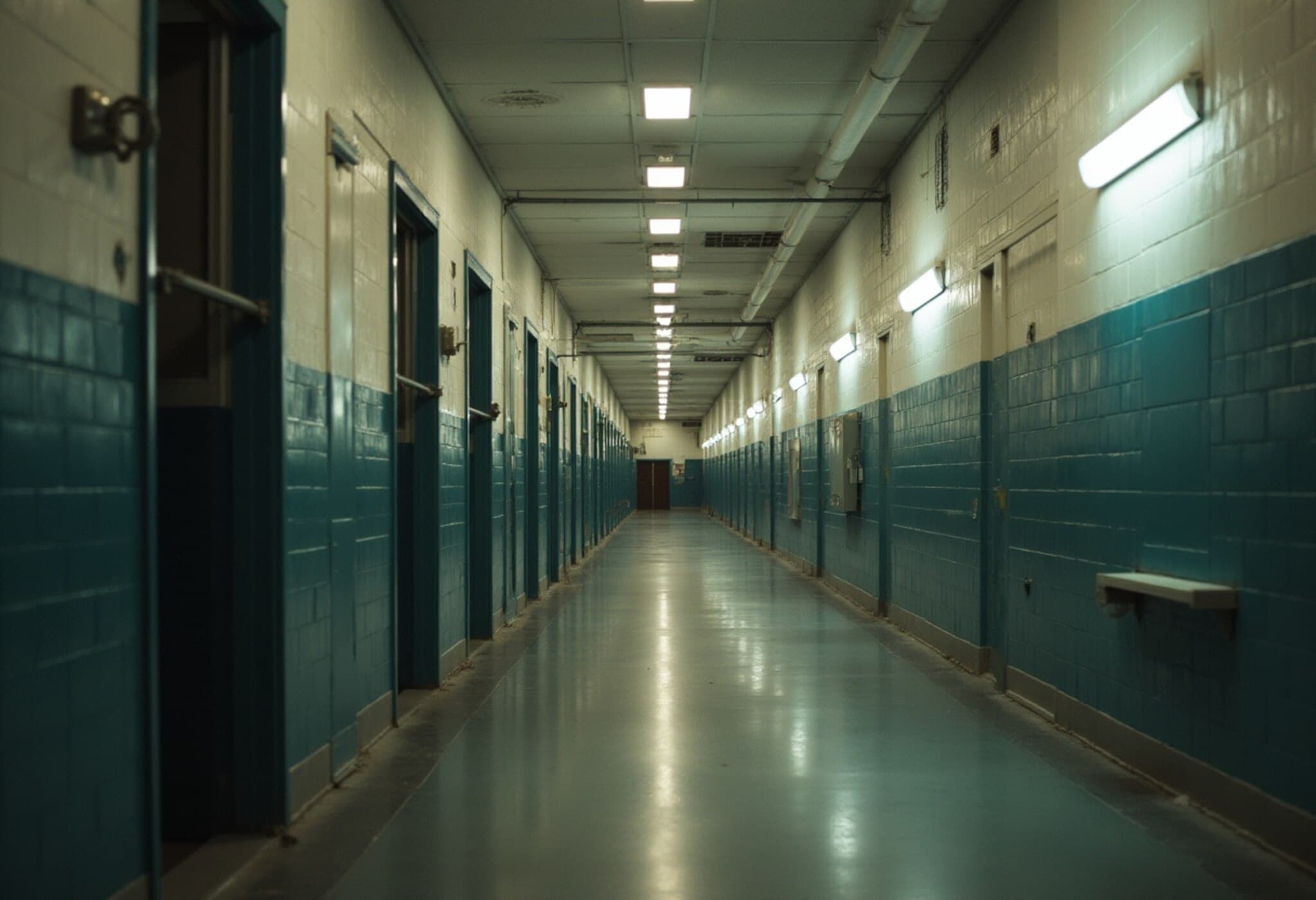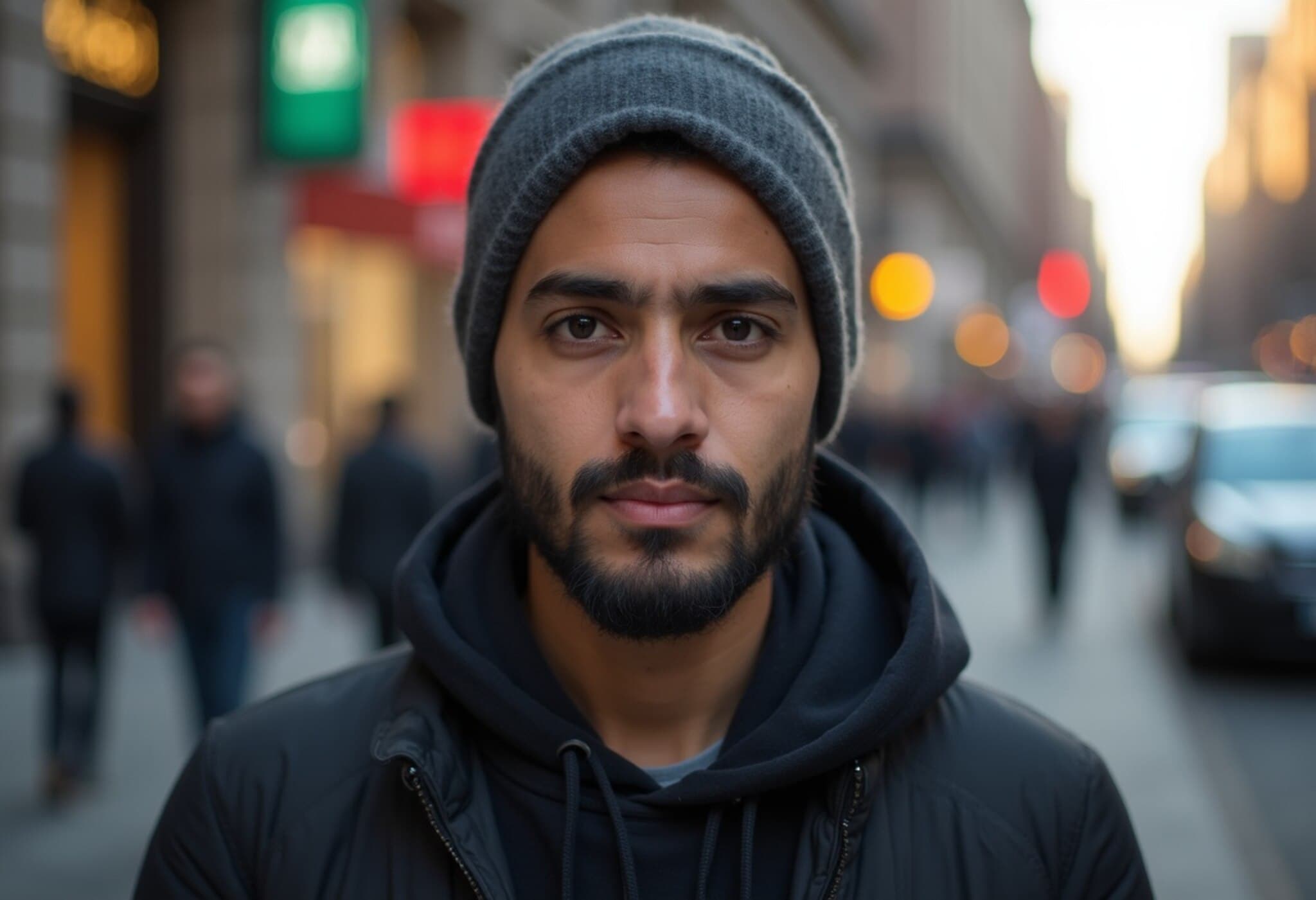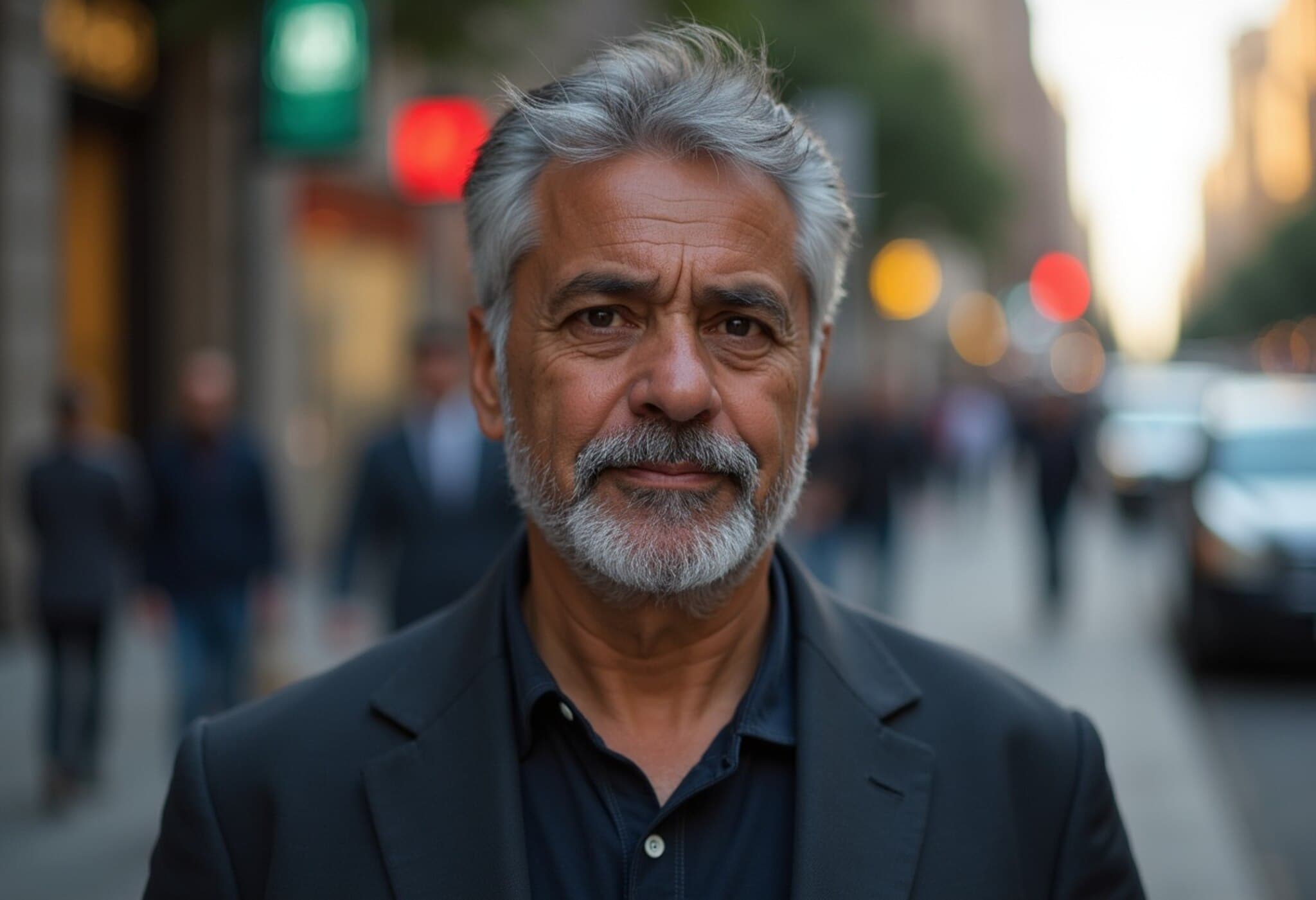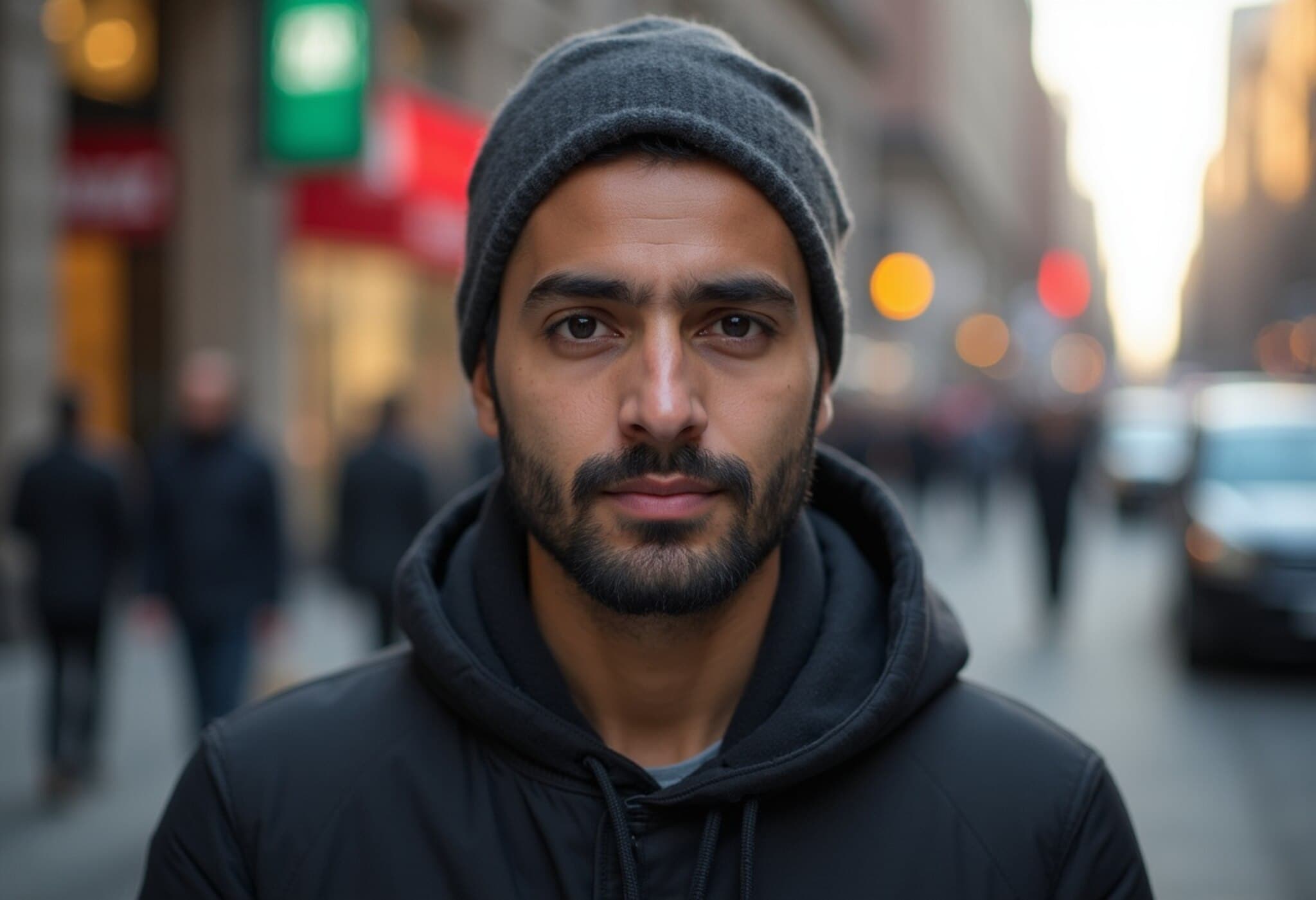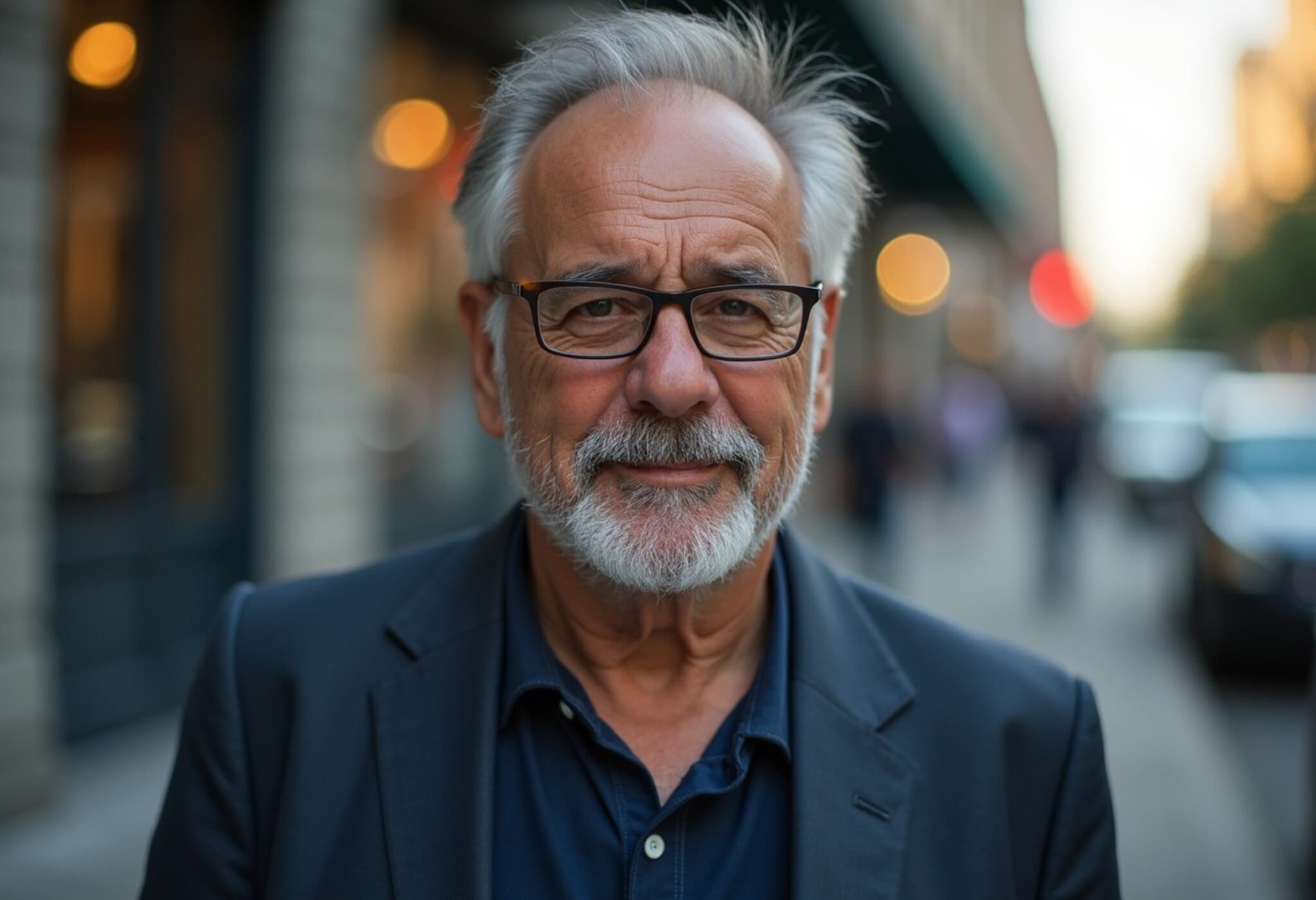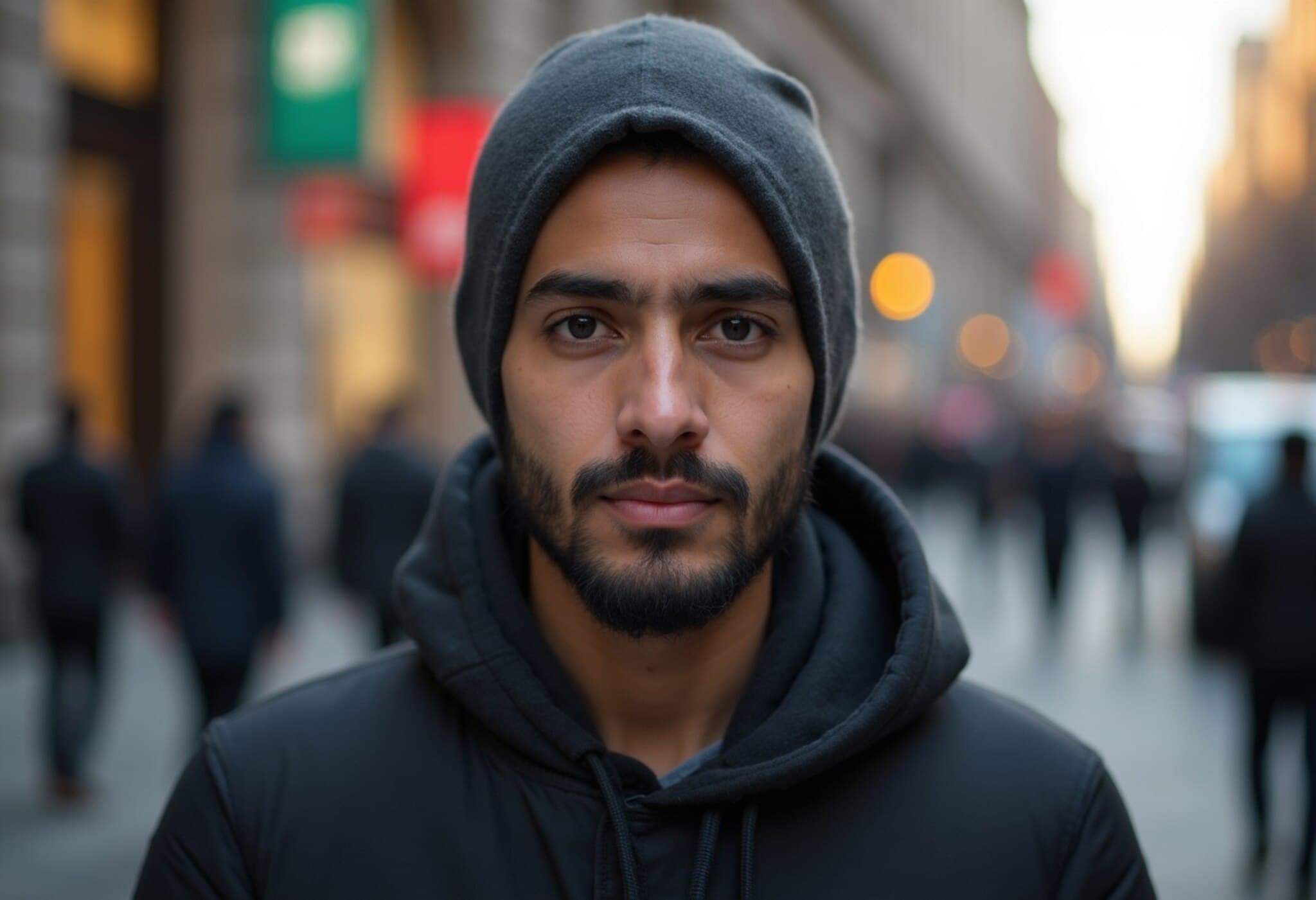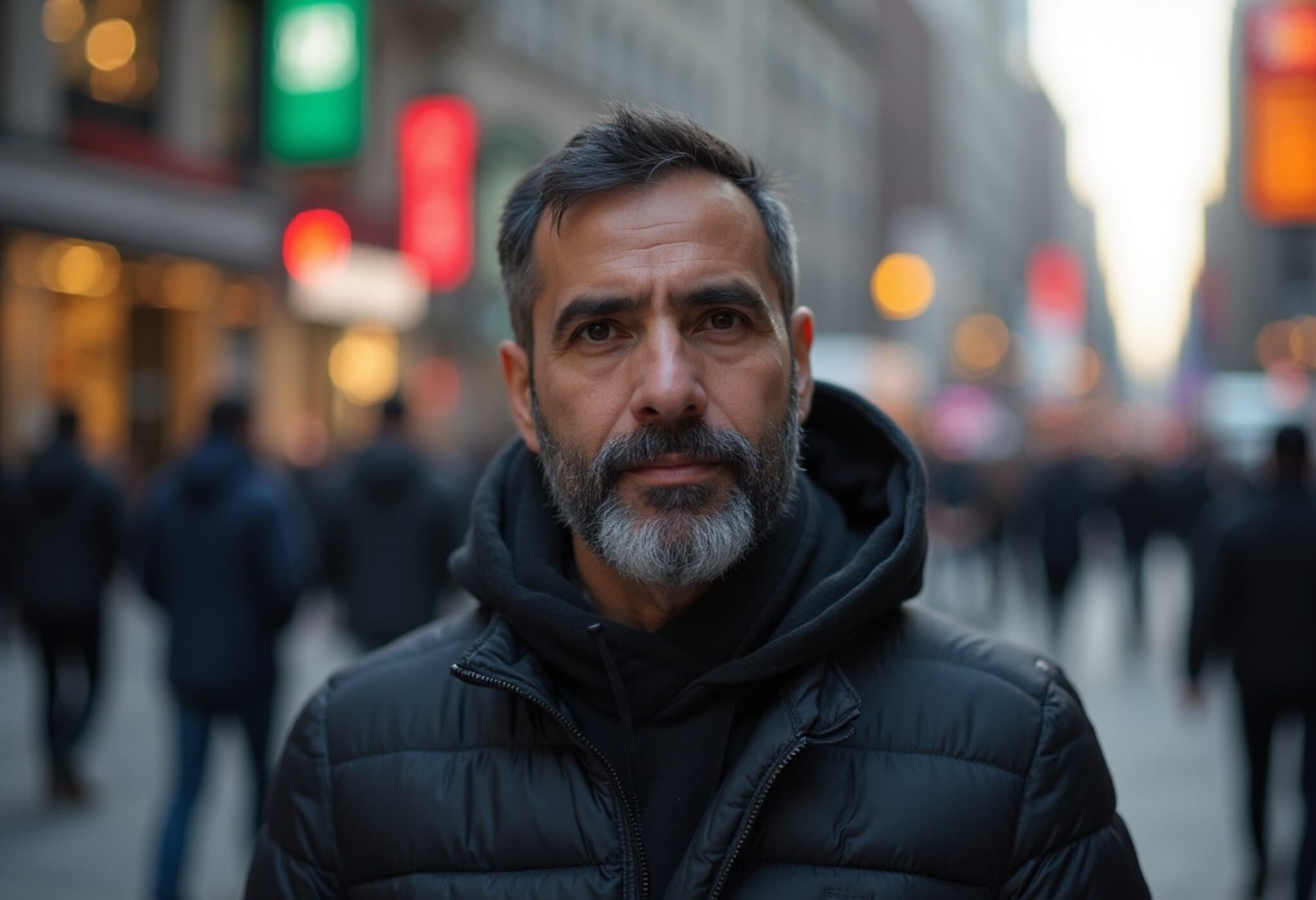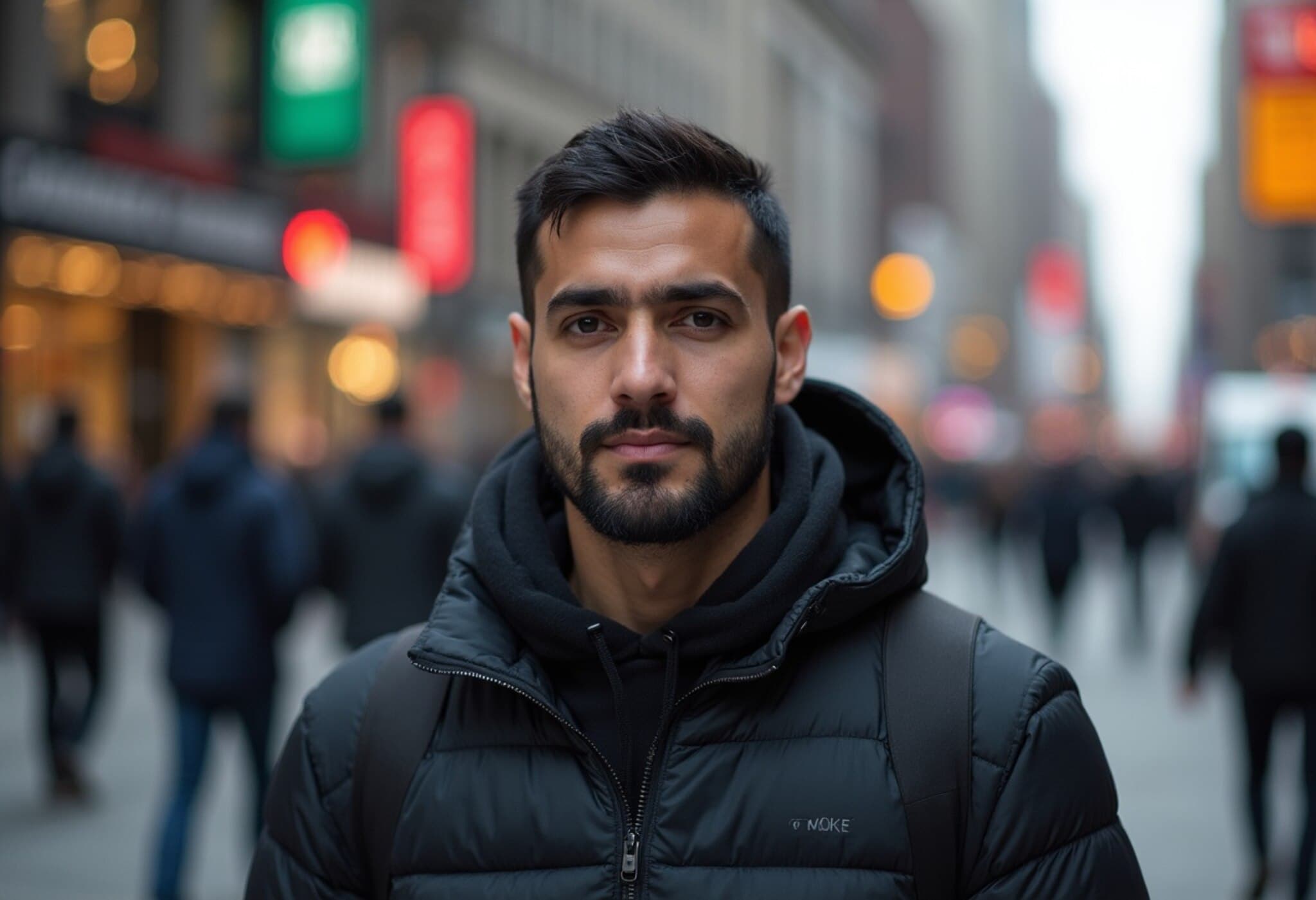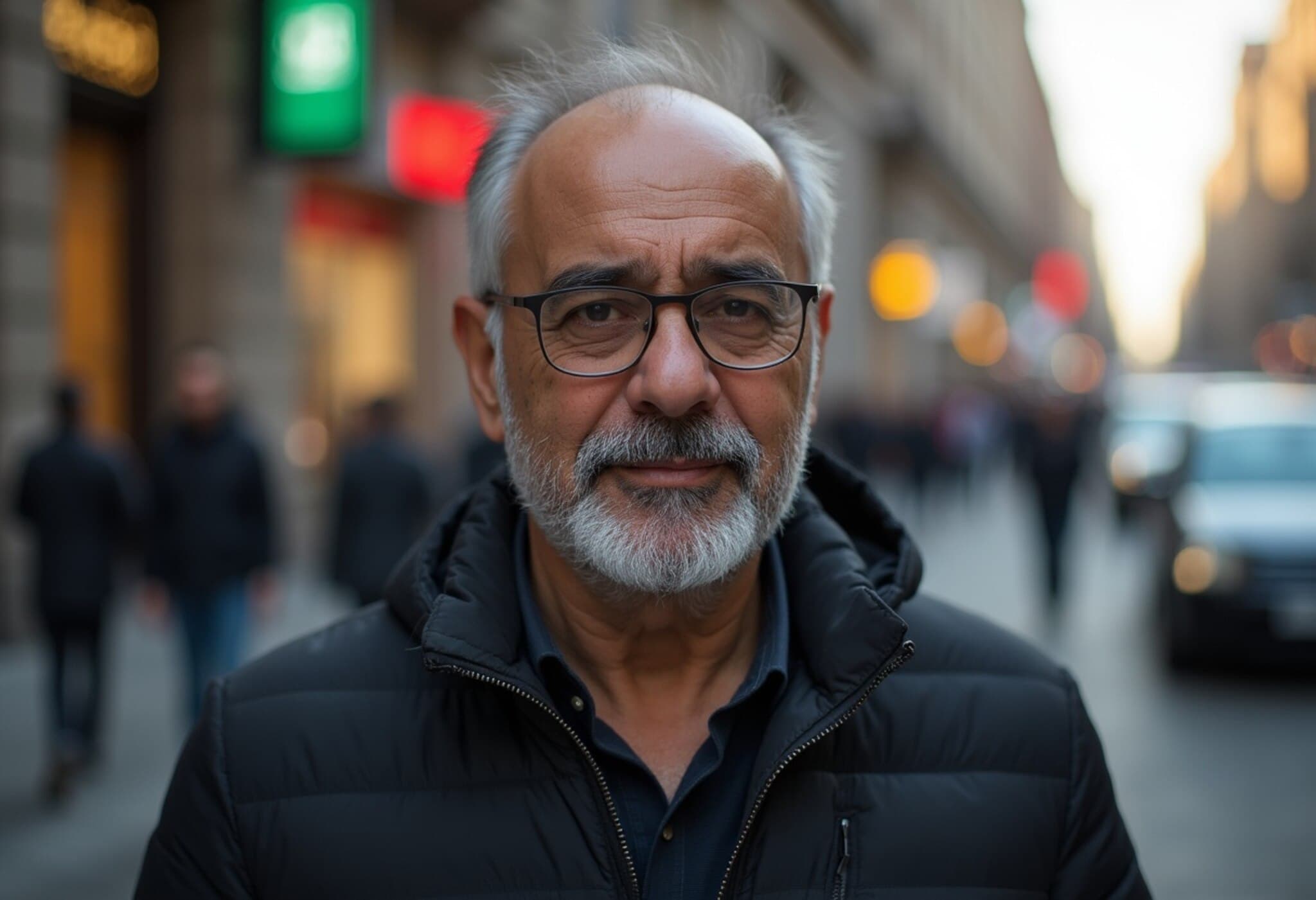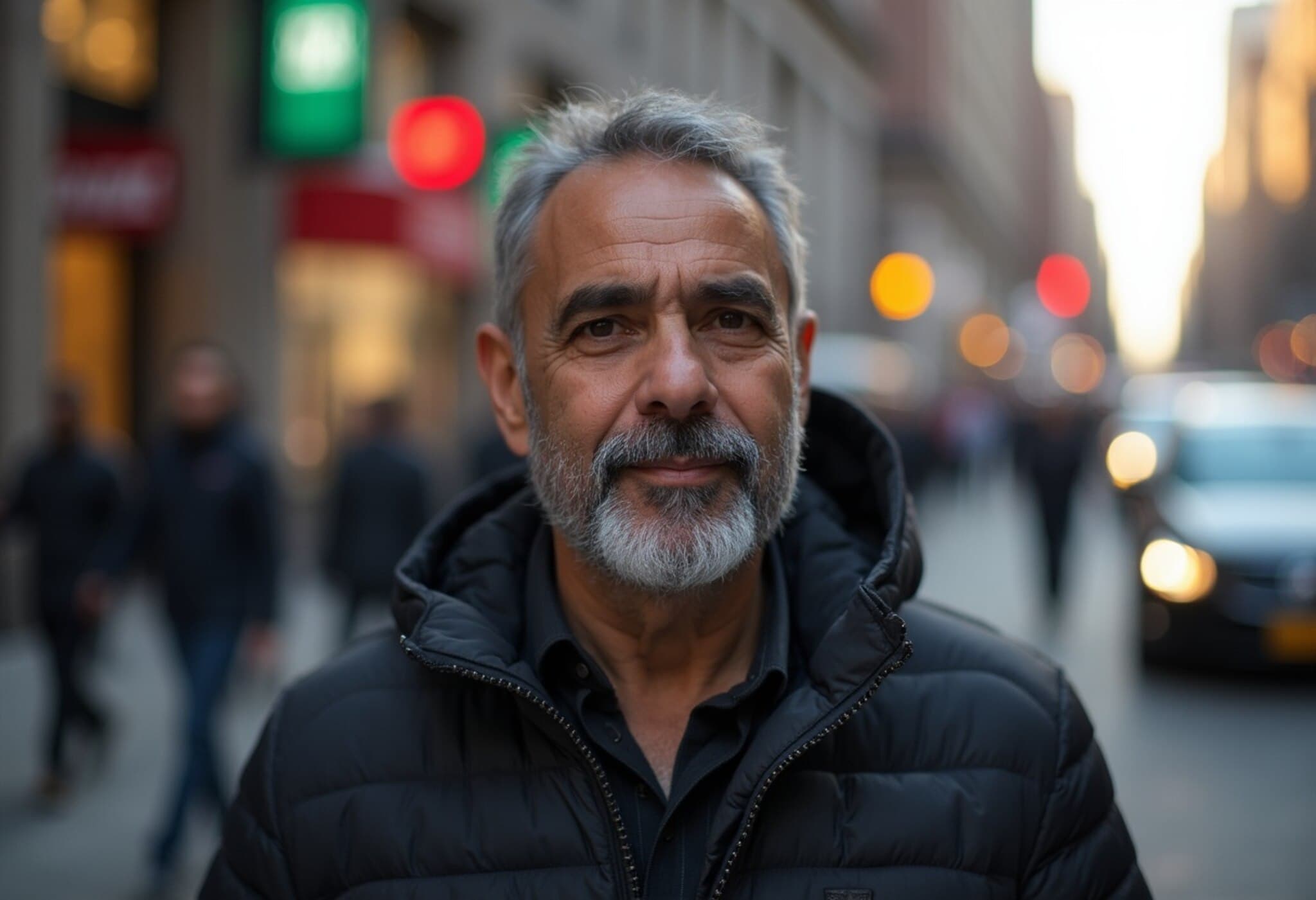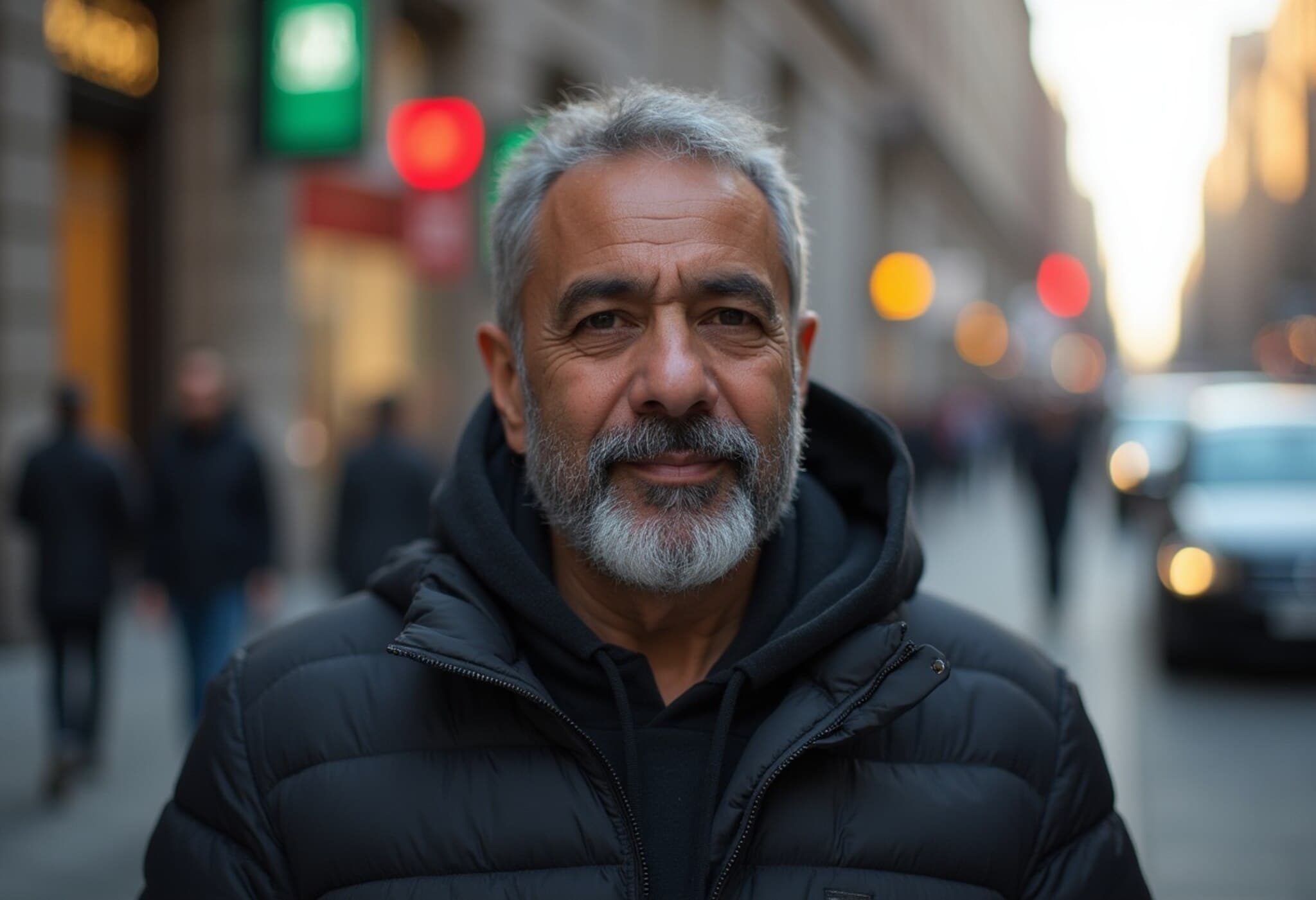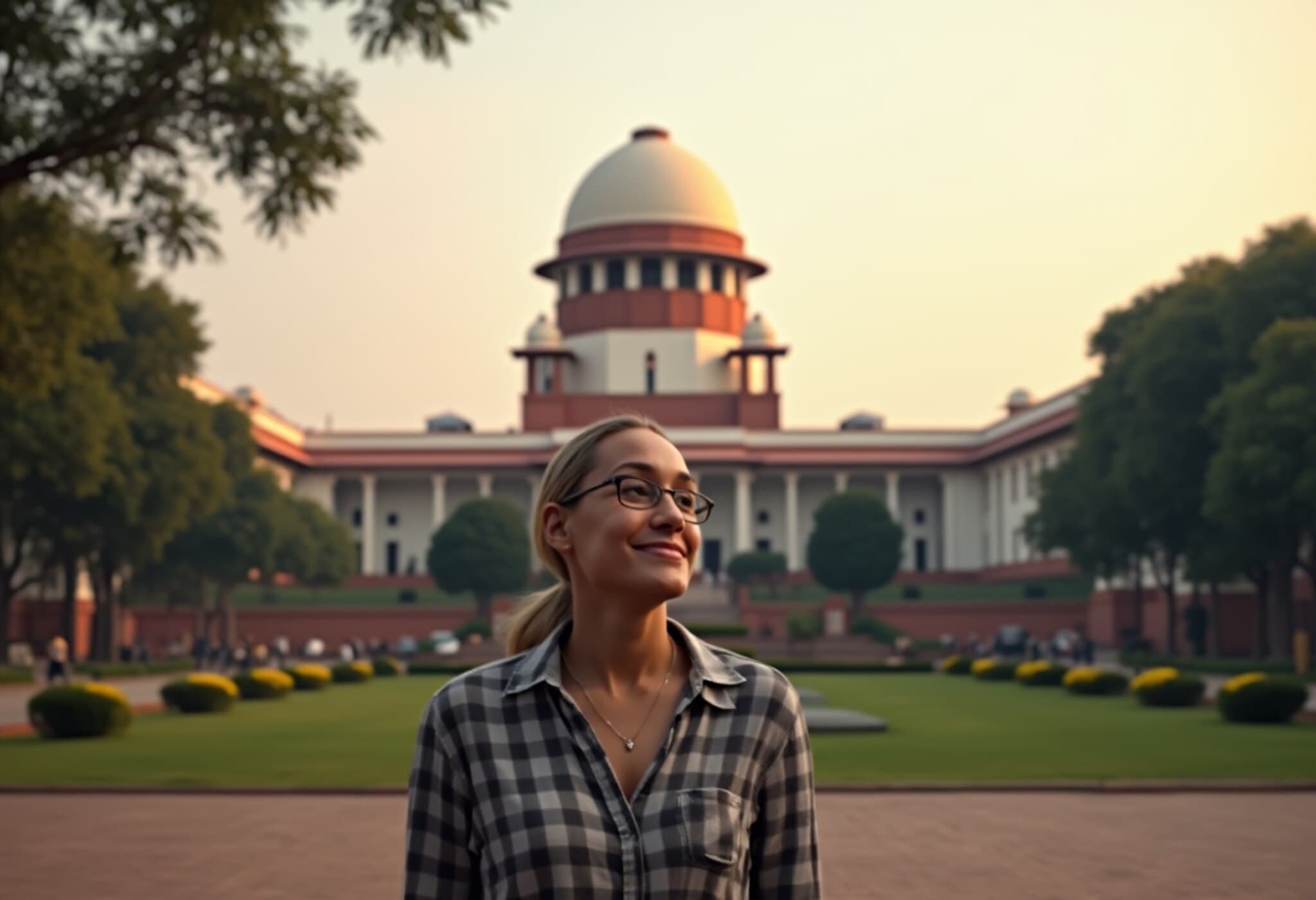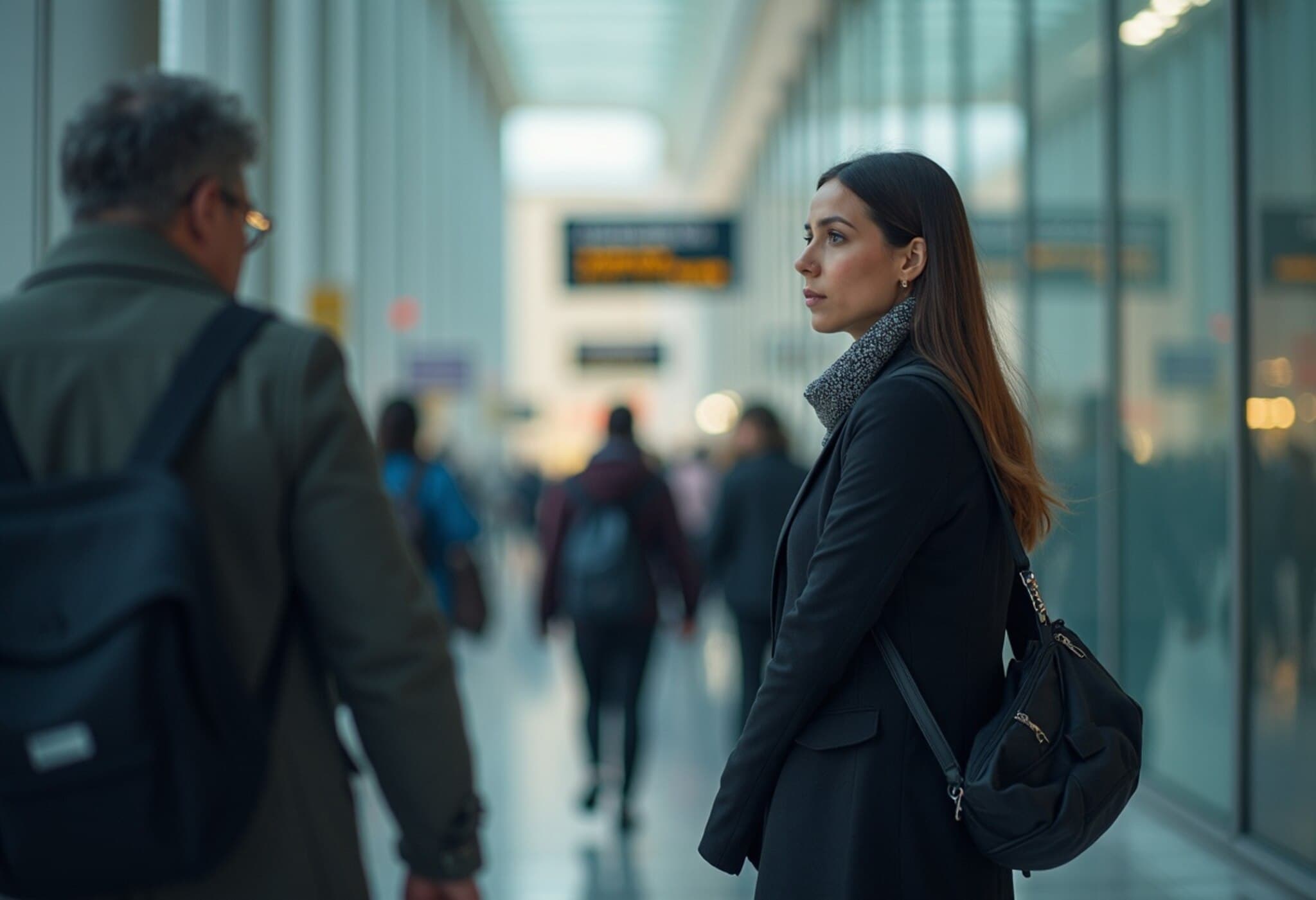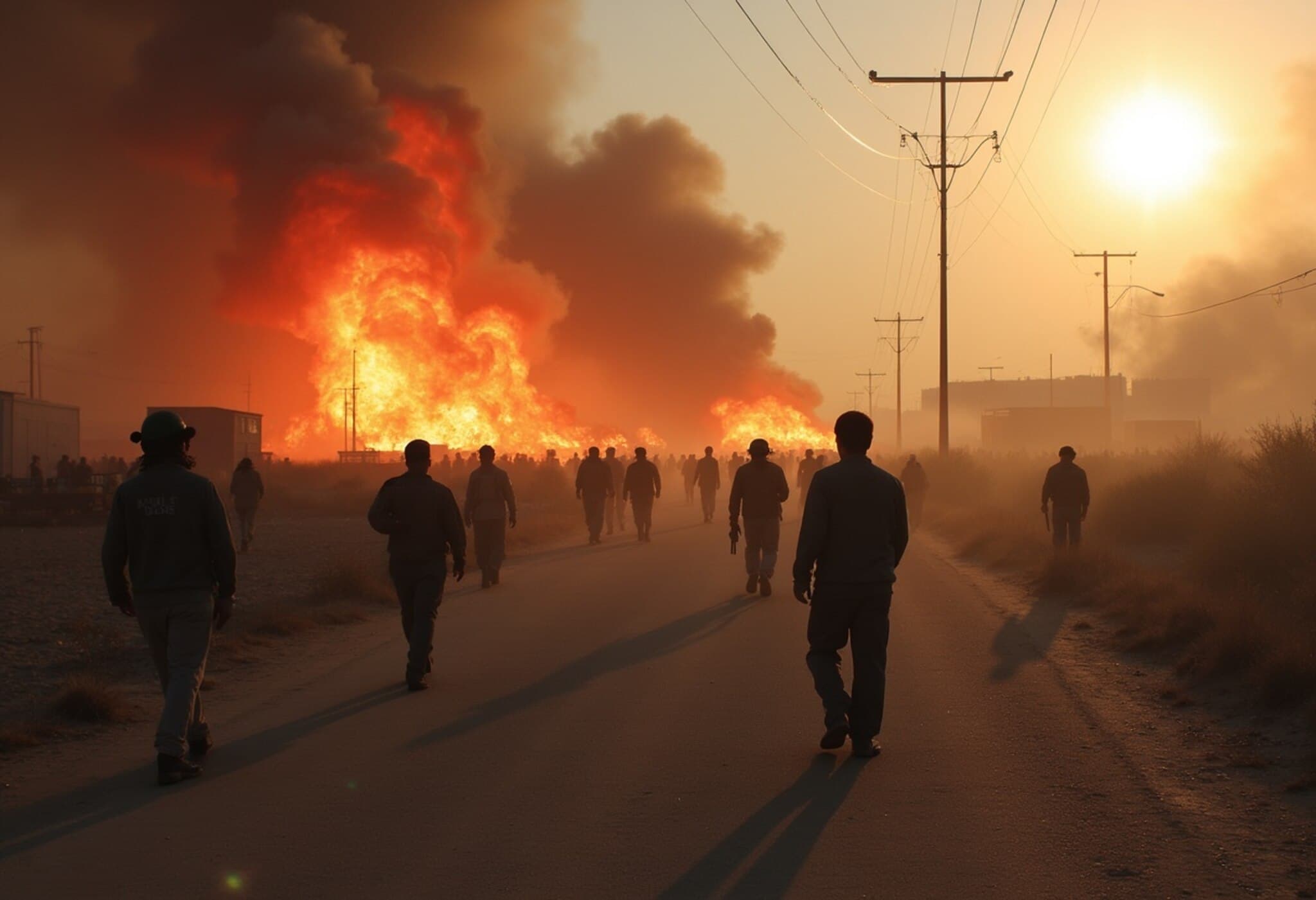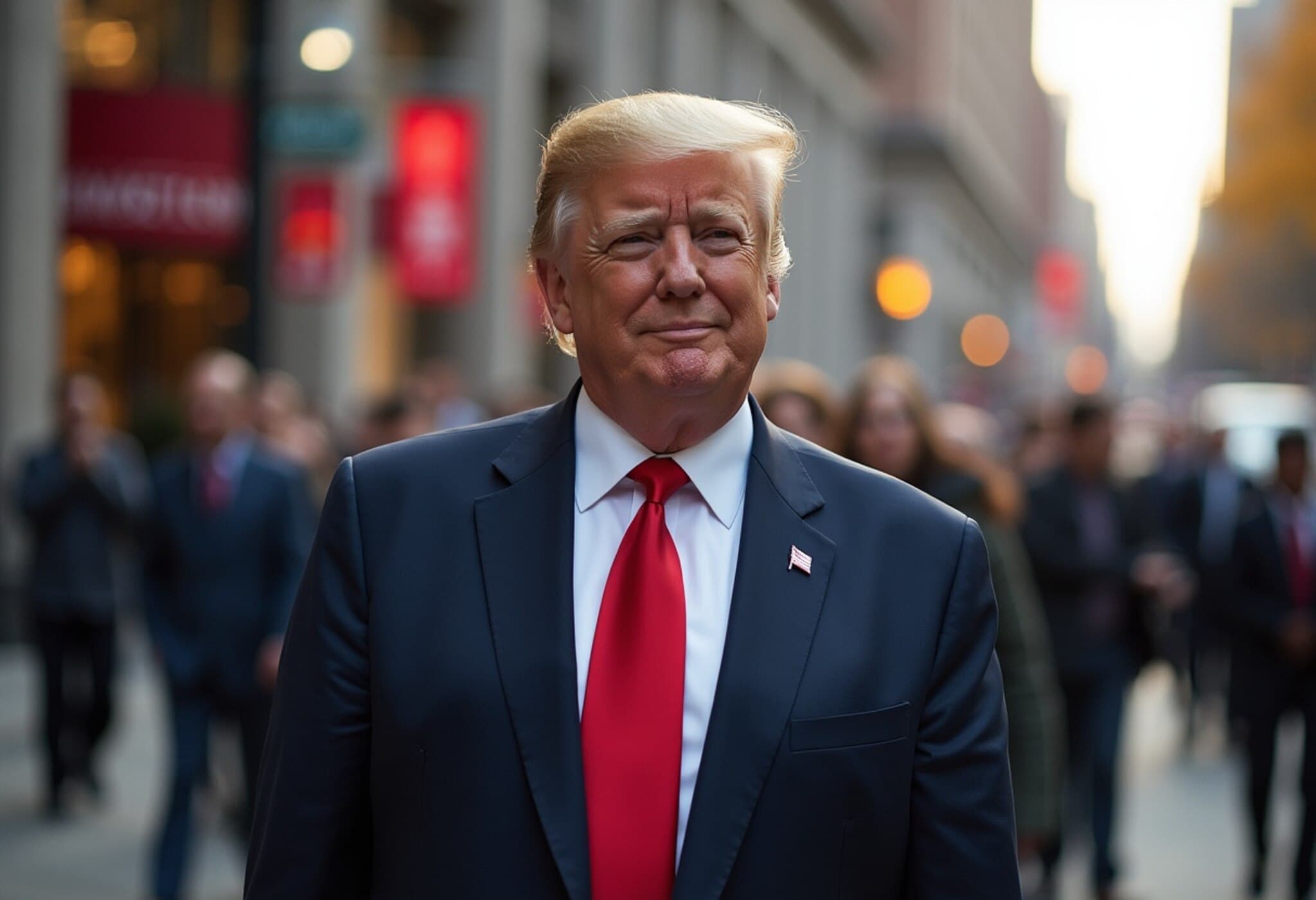Federal Judge Rules in Favor of Mahmoud Khalil's Release
A federal judge has mandated the release of Mahmoud Khalil, a pro-Palestinian activist and Columbia University alumnus, from immigration detention. Khalil had been held since early March amid broader tensions surrounding U.S. policies and activism related to the conflict in Gaza.
Background and Legal Proceedings
Khalil’s detention sparked significant protests, notably a June 8 demonstration in Houston, Texas, where supporters rallied with signs demanding his freedom. His case has become emblematic of the administration’s hardline stance against dissent related to Israel’s military actions in Gaza.
During a remote hearing, U.S. District Judge Michael Farbiarz emphasized that Khalil is neither a flight risk nor a threat to public safety, citing a "very strong and uncontested record" supporting this. Despite government arguments asserting broad congressional authority to remove individuals using national security claims, the judge rejected these points and exercised his discretion to order Khalil’s release.
Reactions and Impact
Khalil’s wife, Noor Abdalla, expressed relief and joy, stating, "After more than three months, we can finally breathe a sigh of relief knowing Mahmoud is on his way home to me and Deen. They should never have been separated." She underscored that the ruling does not fully address the broader injustices faced by their family and others silenced for opposing ongoing violence in Gaza.
Attorney Alina Das, co-director of the Immigrant Rights Clinic at NYU School of Law, called the ruling a victory for free speech, emphasizing that "no one should fear being jailed for speaking out in this country." She added that while Khalil will reunite with his family, legal efforts to challenge his detention continue.
Controversy Over National Security Claims
The government invoked a Cold War-era provision of the Immigration and Nationality Act of 1952, granting the Secretary of State authority to determine an individual’s admissibility on national security grounds. Secretary of State Marco Rubio cited this to justify Khalil’s removal, labeling him a security risk.
However, critics argue that these measures aim to suppress free expression on college campuses and stifle critics of Israel’s military actions. This situation unfolds in the context of ongoing conflict between Israel and Hamas, which erupted after a deadly Hamas attack in October 2023 that killed around 1,400 people in Israel and has since led to over 55,000 casualties in Gaza due to the ensuing military operations.
Next Steps and Uncertainty
The government requested a seven-day stay on the judge’s order to explore further legal options, but Judge Farbiarz declined to grant it. Although the timing of Khalil’s actual release remains unclear, the judge insisted that Khalil be freed from a detention center in Jena, Louisiana, promptly.
Representatives from the Department of Justice, Homeland Security, and Immigration and Customs Enforcement have yet to comment on the ruling.

